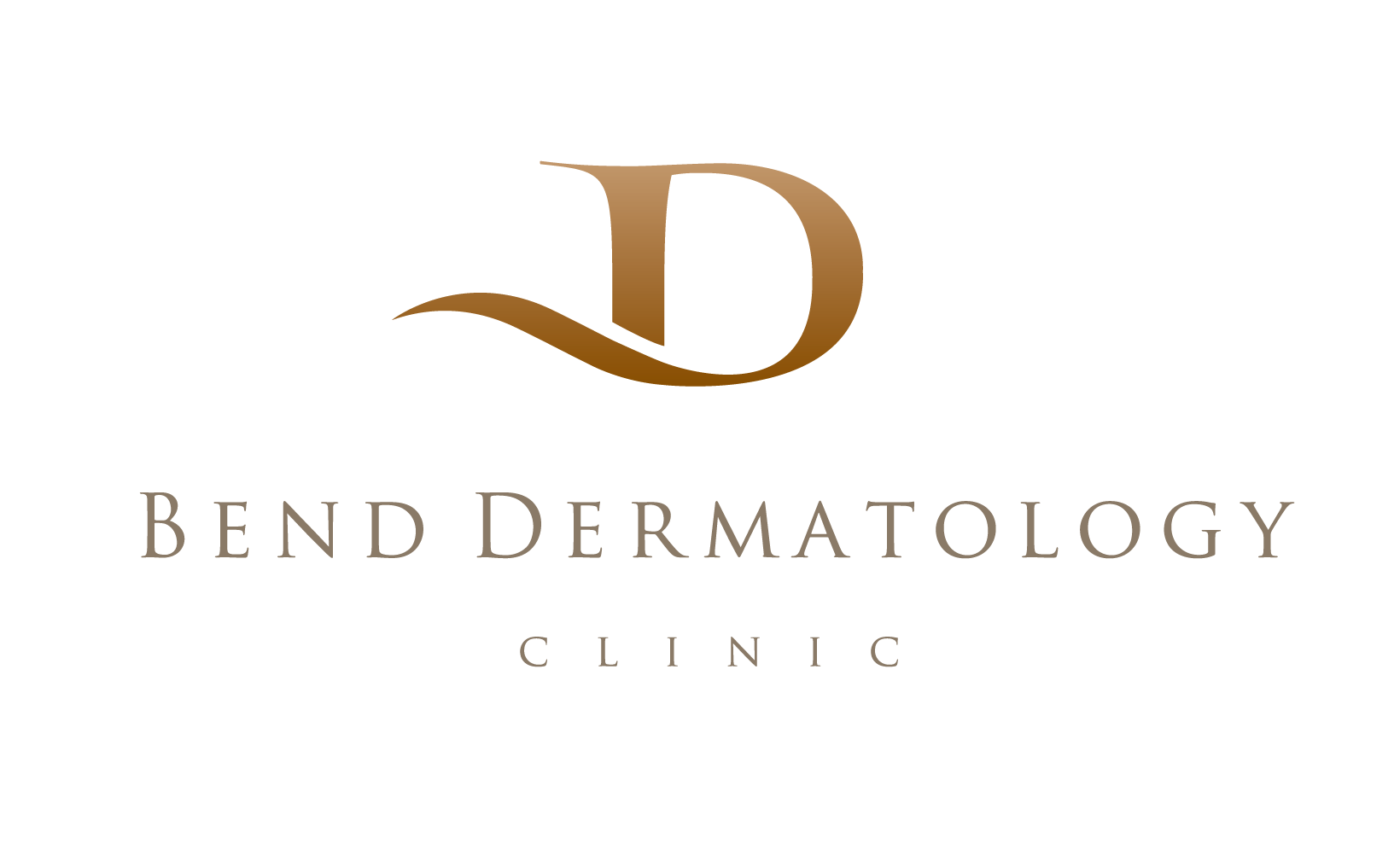By Melinda Riter, M.D.
Board-Certified Dermatologist
As children enter the pre-teen (tween) phase, they experience various physical changes, including the advent of puberty. Setting up a beneficial skin care regimen during this time can assist pre-teens in upholding radiant, blemish-free skin and lifelong habits of self-care and hygiene. At Bend Dermatology Clinic, our Dermatologists offer valuable insights and recommendations to aid parents and pre-teens in maneuvering through this vital facet of personal care.
Understanding Pre-Teen Skin
Pre-teen skin is characterized by increased oil production, which can result in oily and acne-prone skin. Hormonal changes during this stage often lead to breakouts, blackheads, and uneven skin tone. Breakouts can manifest on the face, shoulders, and back for many pre-teens. It’s important to note that these changes unfold differently for everyone. Some things your pre-teen may experience include:
Acne – Some factors that lead to acne include hormonal changes, increased oil production, higher numbers of bacteria, and secondary inflammation. This increased oil production, bacteria, and dead skin cells will clog pores and create blackheads and breakouts. Genetic factors can also play a role in how severe acne is. It might be helpful to consult a Dermatology Provider to help you develop a treatment plan that works for your pre-teen’s acne.
Dry skin – At this age, your pre-teen may have dry skin or some dry patches that need to be moisturized. The skin may look rough, flaky, or irritated and feel tight or itchy. This occurs when your child’s skin isn’t producing natural oils or getting enough moisture. Use a gentle, fragrance-free moisturizing product rich with humectants and emollients. These ingredients replenish the skin barrier, helping to keep it healthy.
Skin sensitivities – Some sensitivities are due to your tween having allergies, while others may have reactive skin due to conditions such as eczema or rosacea. Even environmental factors, such as too much exposure to the sun, can cause skin flare-ups that require special care. With skin sensitivities, consult a Dermatologist to help identify the cause of the sensitivity and how to treat it best. When selecting skin care products, avoid complex ingredient lists and any fragrance or perfumed product. Gentle, hydrating products will help your pre-teen through some of these issues.
Developing a Skin Care Routine
- Cleansing: Encourage pre-teens to cleanse their face gently twice daily using a mild, soap-free cleanser. Avoid harsh scrubs or cleansers containing alcohol, as they can strip the skin of natural oils, causing dryness and irritation. The most important habit your teen can develop is to have clean, moisturized skin – and, of course, to apply sunscreen in the AM.
- Moisturizing: Help pre-teens select a non-comedogenic moisturizer suitable for their skin type. Moisturizers will keep the skin hydrated and balanced, preventing excessive oil production.
- Sun Protection: Teach pre-teens the importance of daily sun protection. Encourage the use of a broad-spectrum sunscreen with an SPF of at least 30. Additionally, advise them to wear protective clothing and seek shade during peak sun hours. The Skin Cancer Foundation warns that damage caused by the sun is cumulative, so starting early is key.
- Hands Off: Remind pre-teens to avoid touching their faces frequently, as it can transfer bacteria and oils, leading to breakouts. It also makes sense that they learn not to pick their pimples, which can lead to scarring. Encourage them to wash their hands regularly to maintain good hygiene.
Choosing the Right Products
When it comes to pre-teen skin care, less is more. Keep it simple and opt for products specifically formulated for young skin. Look for gentle, hypoallergenic, fragrance-free cleansers, moisturizers, and sunscreens. Avoid products that contain harsh chemicals, artificial fragrances, or excessive exfoliating agents.
It’s essential to involve pre-teens in the product selection process. Teach them to read labels and understand the ingredients, helping them make informed choices about what goes on their skin. However, remember that even safe and gentle products can sometimes cause reactions in certain individuals. If any irritation or discomfort occurs, discontinue use and consult a Board-Certified Dermatologist if necessary.
Educating Pre-Teens on Healthy Habits
Promote healthy habits beyond skin care. Encourage pre-teens to drink plenty of water to stay hydrated, eat a balanced diet rich in fruits and vegetables, and get enough sleep. These practices support overall skin health.
Remind them about the importance of cleanliness, such as washing their pillowcases regularly, using clean towels to dry their faces, and keeping their cell phones clean. Sharing personal items can spread bacteria, so emphasize the importance of not sharing towels, washcloths, or skin care and makeup products with others.
Lastly, if they are active in sports, it is essential that they shower after a workout and clean their equipment on a regular basis (i.e., helmets, any protective equipment, shoes, and gloves.) The American Dermatology Association talks about how different athletes can develop a type of acne called acne mechanica from sports equipment and clothing that create the perfect environment for acne to develop. Other issues may include athlete’s foot.
Pre-teen skin care is an essential aspect of personal hygiene and self-care. By developing a simple yet effective skin care routine and educating pre-teens about healthy habits, we can empower them to take charge of their skin health. Encourage open communication and be a supportive guide.
If you have any questions or concerns about the health of your skin, schedule an appointment with one of our highly qualified Providers. We are available at our East Bend, West Bend, Klamath Falls, Prineville, and Redmond locations.
ABOUT THE AUTHOR
Melinda Riter, MD, Ph.D. – Dr. Riter is a Board-Certified Dermatologist specializing in caring for rural populations and improving health care delivery. While researching wound healing at the University of Colorado, she fell in love with the dynamic field of Dermatology. You can find her at our East Bend – Main, West Bend, and Klamath Falls locations.

